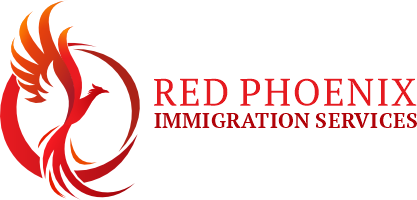Canada’s Spousal Sponsorship Canada
What is Canada’s Spousal Sponsorship Program?
Canada’s Spousal Sponsorship Program is a component of the Family Class category of Canadian immigration. It enables Canadian citizens and permanent residents to sponsor their spouse or common-law partner for permanent residency in Canada. The program aims to promote family reunification by allowing Canadian citizens and permanent residents to bring their foreign spouse or partner to live with them in Canada.
To be eligible for sponsorship, the sponsor must be at least 18 years old, a Canadian citizen or permanent resident, and meet certain financial requirements to demonstrate their ability to support their spouse or partner. The sponsored spouse or partner must be legally married to the sponsor or in a genuine and committed common-law relationship.
The Spousal Sponsorship Program is divided into two main categories:
- Inland Sponsorship:
This category is for couples who are already living together in Canada. The sponsored spouse or partner can apply for an open work permit while the sponsorship application is being processed, allowing them to work in Canada while awaiting a decision on their permanent residency application.
- Outland Sponsorship:
This category is for couples where the sponsored spouse or partner is residing outside of Canada. The sponsorship application is processed through a visa office serving the applicant’s country of residence. If approved, the sponsored spouse or partner will receive permanent residency and can then travel to Canada to join their sponsor.
Both categories require the sponsor and sponsored person to provide evidence of their genuine relationship, including documents such as marriage certificates, joint bank accounts, shared property, photographs, and other supporting documents.
The Spousal Sponsorship Program aims to ensure that spouses and partners can live together in Canada, promoting family unity and enabling them to build their lives together in the country.
Canada Spouse Visa: Sponsor Requirements
To sponsor your spouse or partner for a Canada Spouse Visa, you must meet certain requirements as the sponsor. Here are the sponsor requirements for the Spousal Sponsorship Program in Canada:
Age: You must be at least 18 years old to sponsor your spouse or partner.
Citizenship or Permanent Residency: You must be a Canadian citizen, a permanent resident of Canada, or a registered Indian under the Canadian Indian Act.
Relationship Status: You must be legally married to your spouse or in a common-law or conjugal relationship. Common-law partners must have lived together continuously for at least one year.
Intention to Live in Canada: You must demonstrate that you and your spouse or partner intend to live together in Canada after they become a permanent resident.
Financial Ability: As the sponsor, you need to demonstrate that you have sufficient income to support your spouse or partner financially. This is to ensure that they do not need to rely on social assistance programs.
Criminal Record: You must not have been convicted of certain offenses, such as offenses related to domestic violence, sexual offenses, or offenses against a family member. A criminal record check will be conducted during the sponsorship process.
Sponsorship Undertaking: By sponsoring your spouse or partner, you agree to provide financial support for them for a specified period. This is known as the sponsorship undertaking, and it usually lasts for three years from the date your spouse or partner becomes a permanent resident.
